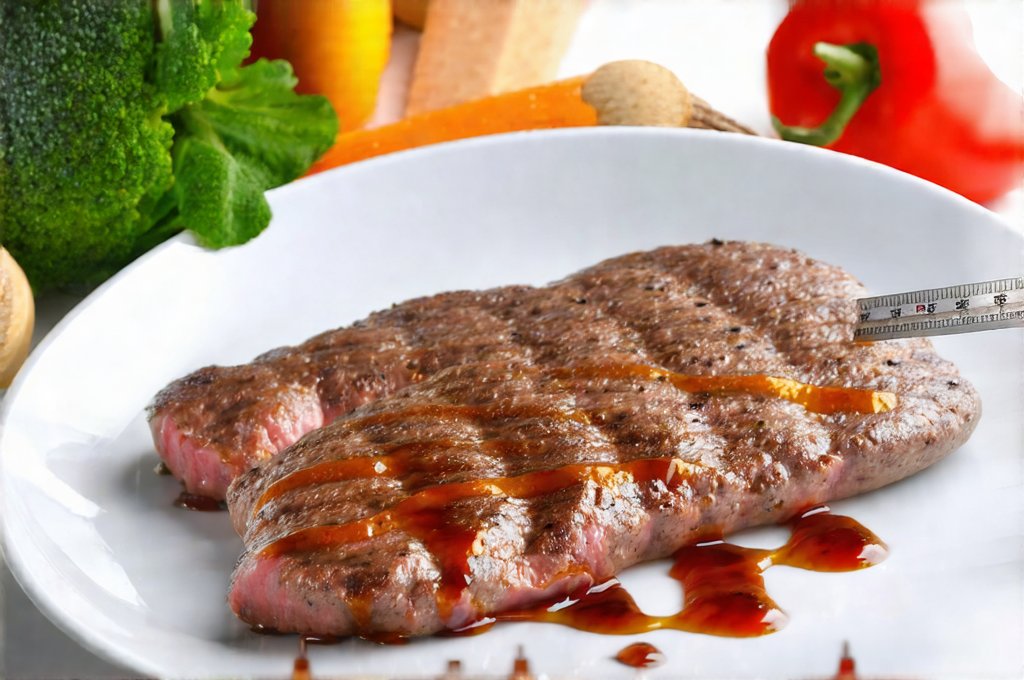Navigating nighttime eating when you’re trying to lose weight can feel like walking a tightrope. It’s a time when willpower often wanes, routines shift, and cravings seem to amplify. Many diet plans advocate strict cutoffs after 7 or 8 pm, but rigidly restricting food isn’t always the most sustainable or enjoyable approach. In fact, for some individuals, completely avoiding evening snacks can lead to increased hunger during the day, potentially sabotaging weight loss efforts in the long run. The key isn’t necessarily eliminating nighttime eating altogether, but rather making mindful choices about what you consume and understanding how your body responds to food before bed.
The focus should shift from “what I can’t eat” to “what will nourish me while supporting my goals?” This means prioritizing foods that are satisfying without being overly caloric, promoting feelings of fullness, and minimizing disruptions to sleep quality. A successful nighttime eating strategy is about balance – finding a way to enjoy food without compromising your weight loss journey. It’s also important to remember that everyone’s body is different; what works for one person may not work for another. Experimentation and self-awareness are crucial components of building healthy habits.
Understanding Nighttime Hunger & Cravings
Nighttime hunger isn’t always about needing more calories. Often, it stems from psychological factors like boredom, stress, or habit. Consider whether you’re truly physically hungry or if your craving is emotional. If you suspect the latter, try distraction techniques – a warm bath, reading a book, listening to music, or practicing mindfulness – before reaching for food. Furthermore, inadequate daytime nutrition plays a significant role. Failing to eat enough protein and fiber throughout the day can lead to stronger cravings in the evening. Prioritizing balanced meals during the day is foundational to managing nighttime hunger.
The types of foods we crave at night are also telling. Sweet or highly processed foods often offer quick gratification but lack sustained satiety, leading to a vicious cycle of craving and consumption. Recognizing these patterns allows you to make informed choices. A useful strategy involves asking yourself why you’re hungry before giving in to a craving. Is it genuine hunger, boredom, stress, or simply habit? This self-reflection can be incredibly powerful in breaking unhealthy nighttime eating cycles.
Finally, sleep deprivation significantly impacts hunger hormones – ghrelin (which stimulates appetite) and leptin (which signals fullness). When you’re tired, ghrelin levels increase, and leptin levels decrease, making you more likely to crave high-calorie foods. Prioritizing sufficient sleep is a vital component of any weight loss strategy.
Smart Nighttime Snack Choices
When hunger does strike in the evening, choosing the right snack can make all the difference. The ideal nighttime snack should be relatively low in calories, high in protein and/or fiber, and easy to digest. Avoid large meals or heavy, fatty foods close to bedtime, as they can interfere with sleep quality. Some excellent options include:
- Greek yogurt with a handful of berries
- A small portion of cottage cheese with sliced cucumber
- A hard-boiled egg
- A few whole-grain crackers with avocado
- A small apple slice with a tablespoon of nut butter (peanut, almond, or cashew)
These snacks provide sustained energy and promote feelings of fullness without being overly burdensome on your digestive system. Remember to portion control; even healthy foods can contribute to weight gain if consumed in excess. Consider preparing nighttime snack options in advance to avoid impulsive choices when cravings hit. Pre-planning is a powerful tool for staying on track.
Protein Power: Why It Matters
Protein plays a crucial role in weight loss and should be incorporated into your nighttime eating strategy. Unlike carbohydrates, protein promotes greater satiety, meaning you feel fuller for longer. This can help curb late-night cravings and reduce overall calorie intake. Furthermore, protein aids in muscle repair and recovery, which is particularly beneficial if you exercise regularly.
Including a source of lean protein with your evening snack or meal helps stabilize blood sugar levels overnight, preventing those disruptive wake-up hunger pangs. Options like Greek yogurt, cottage cheese, hard-boiled eggs, or even a small portion of turkey breast are excellent choices. The key is to choose lean sources and moderate portion sizes.
Fiber’s Role in Satiety & Digestion
Fiber, similar to protein, contributes significantly to feelings of fullness and aids in digestion. Foods rich in fiber take longer to digest, which helps regulate blood sugar levels and prevents spikes in hunger. Incorporating fiber-rich foods into your nighttime routine can help you feel satisfied and prevent overeating.
Excellent sources of fiber for nighttime snacking include berries, apples (with the skin on), whole-grain crackers, and vegetables like cucumber or carrots. Combining fiber with protein is a particularly effective strategy – think apple slices with peanut butter or whole-grain crackers with avocado. Be mindful that introducing large amounts of fiber suddenly can cause digestive discomfort; increase your intake gradually to allow your body to adjust.
Hydration & Mindful Eating Practices
Often, what we perceive as hunger is actually thirst in disguise. Before reaching for a snack, try drinking a glass of water or herbal tea. Staying adequately hydrated can help reduce cravings and promote feelings of fullness. Additionally, mindful eating practices are essential for successful nighttime snacking.
- Eat slowly and savor each bite.
- Pay attention to your body’s hunger cues.
- Avoid distractions like television or phones while you’re eating.
- Stop eating when you feel comfortably full, not stuffed.
Mindful eating isn’t about deprivation; it’s about developing a healthier relationship with food. It allows you to enjoy what you’re eating without guilt and prevents overconsumption. This approach fosters sustainable habits that support long-term weight loss success.




